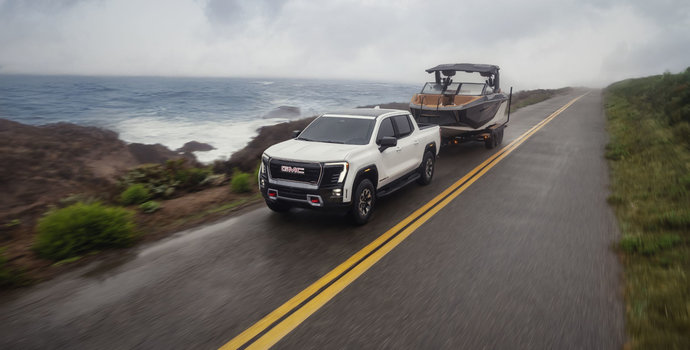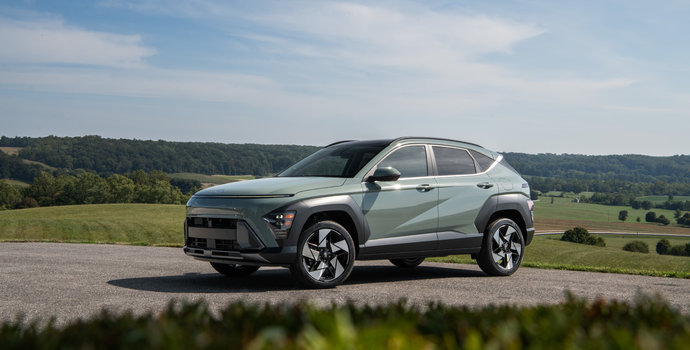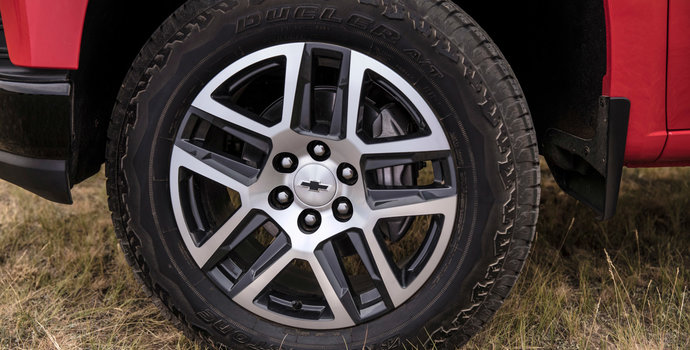Auto Lease vs. Finance
When shopping for a vehicle in Ontario, you’ll have to make the choice between leasing or financing. Leasing a car means that you are paying for the usage of a vehicle, like a long-term rental. Financing a car means taking a loan to purchase the vehicle outright, and then paying off that loan over time. When making this decision, you should consider your lifestyle, personal needs, and the commitments you are willing to bear - the right choice for one person can be the wrong choice for another.
By leasing a vehicle, you can easily exchange it for a new model when your term is over, but your payments don’t build equity toward ownership. Since you don’t own the vehicle, you’ll also be bound to specific mileage limits, and you can’t make any modifications to the vehicle. On the other hand, owning a car through financing sounds appealing, but is a long term commitment. By financing a vehicle, you are committing to owning a vehicle for what could be 10-15 years or more. You are free to do with it what you want, but you also need to maintain it. Of course, since you own it, you can also decide to sell it at some point. Financing vs leasing a car both have their pros and cons, and the best choice depends on your personal needs and situation.
Still not sure on the difference between leasing and financing a vehicle?
We've broken down the key differences below!
Ownership
- Lease: You don’t own the car; you pay to use it for a fixed period. At the end of the term, you either return it, extend the lease, or buy it.
- Finance: You own the vehicle and get to keep it and use it how you want, for as long as you want. You can add any customizations or modifications you want.
Down Payments
- Lease: Usually includes the first month’s payment, a refundable security deposit, a down payment, taxes, registration fees, and possibly other fees.
- Finance: Usually include the cash price or a down payment, taxes, registration fees, and possibly some other fees.
Useful Tip!
You can get a longer-term loan to reduce your monthly payments, but you might be paying more in fees and interest over the long run and could wind up with negative equity on the vehicle.
Monthly Payments
- Lease: Lease payments are generally lower than loan (financing) payments because you only pay for the vehicle's depreciation during the lease (plus other fees, including interest, rent charges, and taxes).
- Finance: Loan payments are usually higher than leasing because you pay for the car's entire value.
Early Termination
- Lease: If you want to end the lease early, you will have to pay early termination fees, which can cost as much as sticking with the rest of the lease’s term.
- Finance: You can sell or trade-in your vehicle whenever you want, and the money you make selling it can be used towards paying off the loan.
Vehicle Return
- Lease: At the end of the lease’s term, you can choose to return the vehicle and walk away after paying any end-of-lease charges.
- Finance: Since you own the vehicle, you are responsible for selling or trading it in whenever you want.
Useful Tip!
If you’re choosing between two or more models and want to know how much they’ll depreciate, you can use Canadian Black Book’s Future Value calculator. Input details of the vehicle and its usage, and it will show you an estimate of its resale value over a 5-year period.
Depreciation
- Lease: The future value of the car does not affect you as the leaser, but you also do not get any equity from the car.
- Finance: As you own the vehicle, its depreciation over time will affect the value you can get from selling it or trading it in.
Customizing
- Lease: Most of the time, the person/business leasing you the car will want it to be in optimal conditions for resale in case you choose not to buy it yourself once the lease is up. As a result, you will have to remove all modifications or customizations by the end of the lease and pay for any damages or permanent alterations caused.
- Finance: You own the car, so you can do whatever you want with the awareness that it will affect the resale value.
Wear & Tear
- Lease: If your car undergoes excessive wear and tear, most leases will require you to pay penalty fees to fix them.
- Finance: The only worry for someone with a car loan/financing is how it will affect the resale value.
Useful Tip!
How and how much you use your vehicle in a year will help determine whether getting a lease or a loan is better. If you live in Toronto and want to use it occasionally for short drives, you don’t have to worry about the distance restriction. But if you live in the suburbs or more rural areas and use it all the time, it might be better to take out a loan and avoid any distance penalties.
Distance Restrictions
- Lease: Most leases require you to negotiate an annual limit on how much you can drive the car, and you will incur extra charges if you exceed that limit.
- Finance: You can drive as often and as far as you want, with the awareness that more kilometres will lower its resale value.
Frequently Asked Questions (FAQ)







